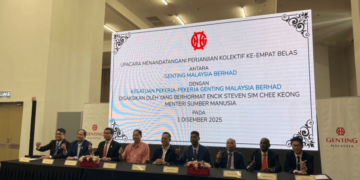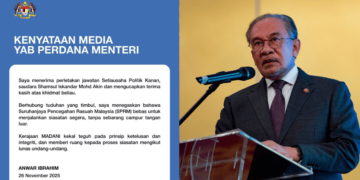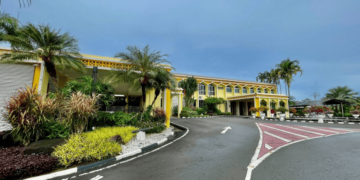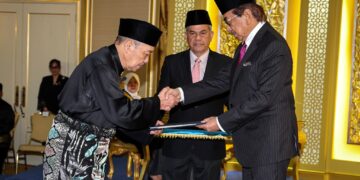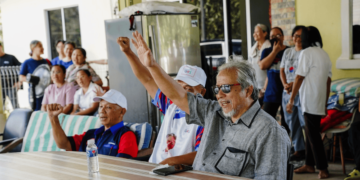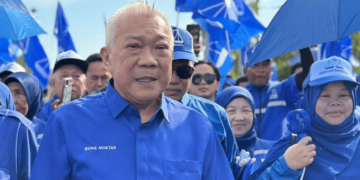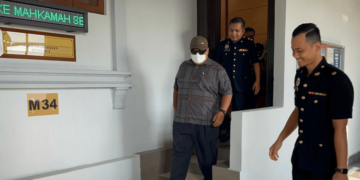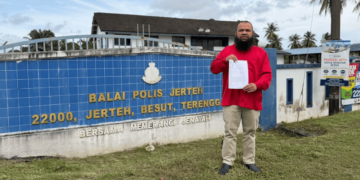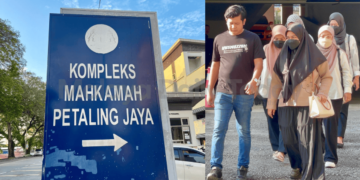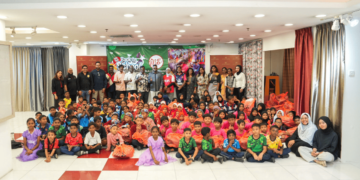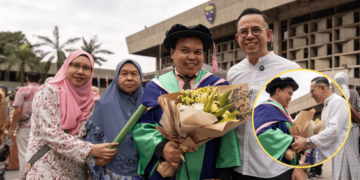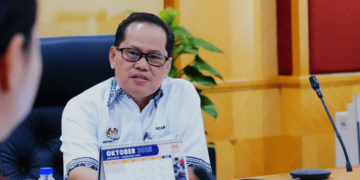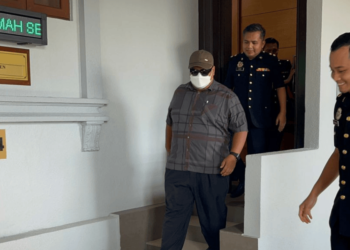KUALA LUMPUR – The recent parliamentary response by the Deputy Minister of Housing and Local Government (KPKT), YB Datuk Aiman Athirah Sabu, has sparked significant concern and dissatisfaction among the administrators and worshippers of non-Muslim places of worship.
The proposal by KPKT to impose a three-year restriction on non-Muslim places of worship applying for funding through the e-RIBI system after an initial application is deeply troubling.
As of September 30, the Ministry had approved 422 out of 1,074 applications from non-Muslim places of worship, amounting to RM46.1 million in allocations.
“I find the proposed policy by KPKT puzzling and impractical,” said Datuk N Sivakumar, President of MAHIMA.
“With the rising cost of living and economic uncertainties, allocating funds only once every three years is highly irrelevant in the current context.”
“While Malaysia’s GDP and economic growth are increasing, such statistics provide little solace to the many citizens relying on government aid,” he said.
According to Sivakumar, managing non-Muslim places of worship requires substantial financial resources—not only for maintenance and infrastructure upgrades but also for organizing religious festivals and community events, which occur almost every month.
Places of Worship as Community Centers
Sivakumar also pointed out that under the MADANI government’s vision, places of worship are evolving into community centers that promote social welfare.
“Many temples offer free meals daily, morning and night, to people from all walks of life. Where will the funds to sustain these services come from if this three-year funding restriction is imposed?” he asked.
He urged the government to evaluate and address the actual needs of the community rather than introducing rigid policies that fail to consider current realities.
“The three-year funding restriction in the e-RIBI system does not account for emergencies, such as unforeseen repairs or accidents, that non-Muslim places of worship may face,” he explained.
Meanwhile, Sivakumar proposed an alternative solution: an annual funding allocation for non-Muslim places of worship based on assessments conducted by ministry officials.
He emphasized the need to consider several critical factors for Hindu temples in particular, including the size of the temple, the number of devotees, the community activities conducted, and the scale of festivals and celebrations hosted.
“The MADANI government bears the responsibility of supporting all places of worship fairly and ensuring government assistance is provided when needed.
“Policies that create a sense of injustice among devotees only breed disappointment. The government must rationalize its policies to align with the people’s needs, ensuring national well-being and harmony,” he said.
Sivakumar’s call for a more practical and equitable funding policy reflects the broader concerns of Malaysia’s diverse religious communities, who hope for support that truly meets their needs and sustains their vital role in society. -MalayaDailyToday







